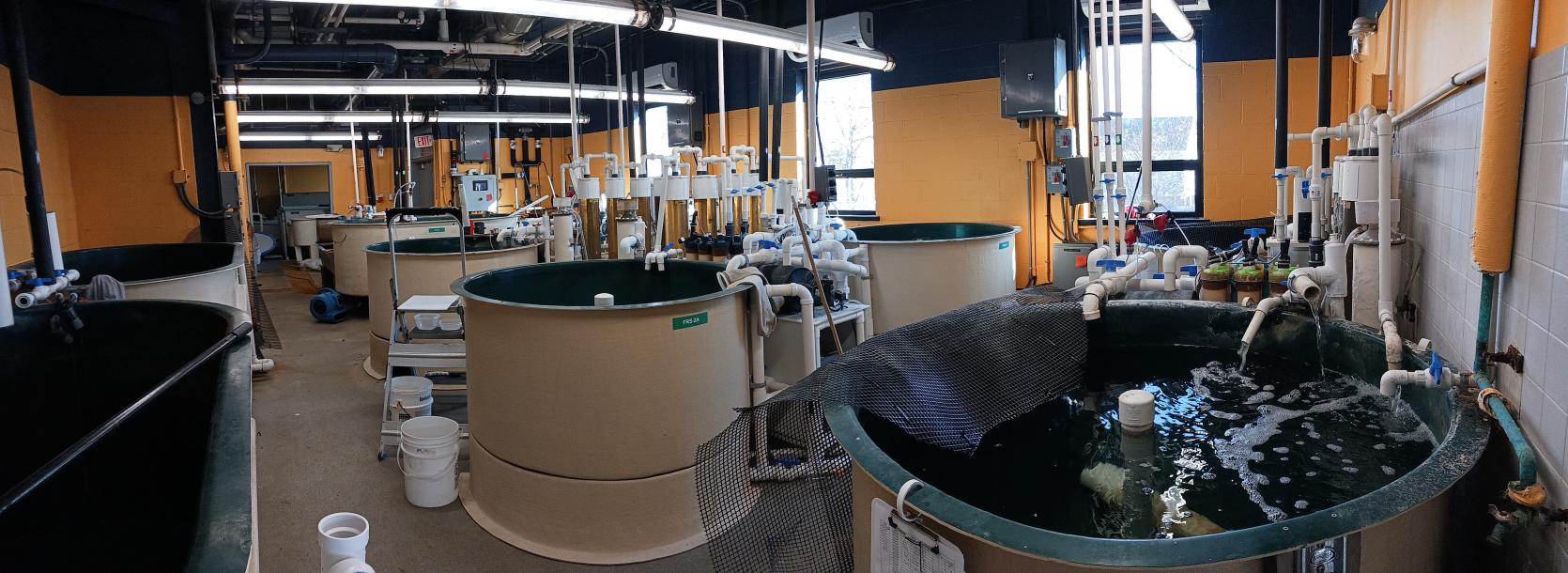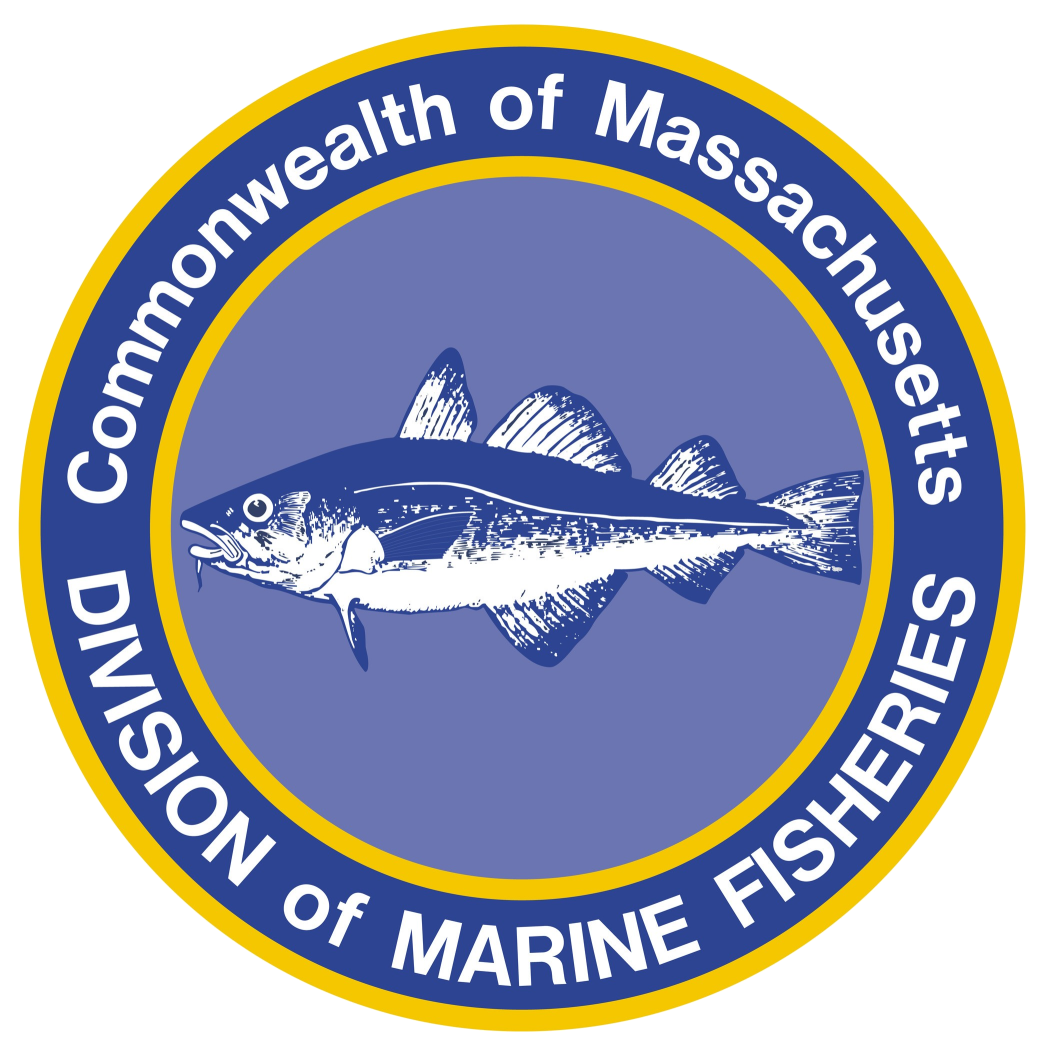- Division of Marine Fisheries

Changes are afoot for the Division’s work locations within the state. For decades, DMF staff have operated primarily out of three regional offices: an administrative headquarters in Boston and two field stations in the state’s biggest fishing ports of New Bedford and Gloucester. (Additional smaller facilities support Division operations like the Shellfish Purification Plant in Newburyport and Hughes Hatchery on Martha’s Vineyard). While the addresses for the Boston and New Bedford offices have changed during this time, the most recent development is the addition of a third principal field station at the Cat Cove Marine Laboratory in Salem.
The move to Salem is actually a return to former DMF stomping grounds. The Cat Cove Marine Lab was the Division’s north shore field station for about 25 years prior to the opening of the Gloucester office in 1996 on account of needing more space. The lab then transferred hands to Salem State University, where it supported the college’s aquaculture and marine biology programs, before coming back into DMF’s care this past year. A combination of research and office space (after some renovations!), the facility now provides desk space for a mix of fisheries management and stock assessment professionals relocated from other offices, and houses an extensive seawater system flowing into myriad aquaculture tanks that are expected to support studies by in-house and visiting researchers.
Located on the Salem Neck, not far from the historic areas of Salem Willows and Winter Island, the lab is also uniquely situated next to Smith Pool, an 8-acre saltwater impoundment originally developed as a public swimming area in the 1930s but which can now be used for marine research studies. For example, Smith Pool was the venue for a mid-1990s striped bass discard mortality study co-led by former Director Paul Diodati when he was a fisheries biologist at the facility, the results of which are still used in coastwide stock assessments for the species. This summer the pool was used for a study examining the rate at which acoustic tags fall off striped bass which is a critical piece of information used in the analysis of data from studies on striped bass release mortality.
The current facility manager and Deputy Director Michael Armstrong is working with staff to develop studies that utilize Smith Pool and the abundant indoor tanks that can be operated as flow-through seawater or recirculating fresh or seawater. Studies beginning next spring will include eelgrass and winter flounder. Dr. Armstrong is also seeking to establish collaborative studies with local universities including Salem State University and UMass-Boston.
The availability of the Cat Cove Lab came at an opportune time for DMF, given an administration-wide lease space consolidation effort in Boston. Within the next year, the Boston office at 251 Causeway Street in the North End will close, and the Division staff working from there are all relocating to our field stations. DMF will keep a Boston zipcode at our parent Executive Office of Energy and Environmental Affairs’ address at 100 Cambridge Street, but it will be a smaller footprint and permits will no longer be issued there. Formerly known as the Leverett Saltonstall Building, 100 Cambridge Street is also where the DMF headquarters resided for over 30 years, until the early 2000s when it underwent major renovations, which led to our residency in the North End for the past 20 years.
While the Cat Cove Marine Laboratory is currently not open to the public, our long-term goals include developing community-based activities such as a Marine Education Center, a Lecture Series, an Intern Program, and an Angler Education Program. We look forward to the public’s involvement with the Cat Cove Marine Lab!
By Dr. Michael Armstrong, Deputy Director, and Nichola Meserve, Policy Analyst
